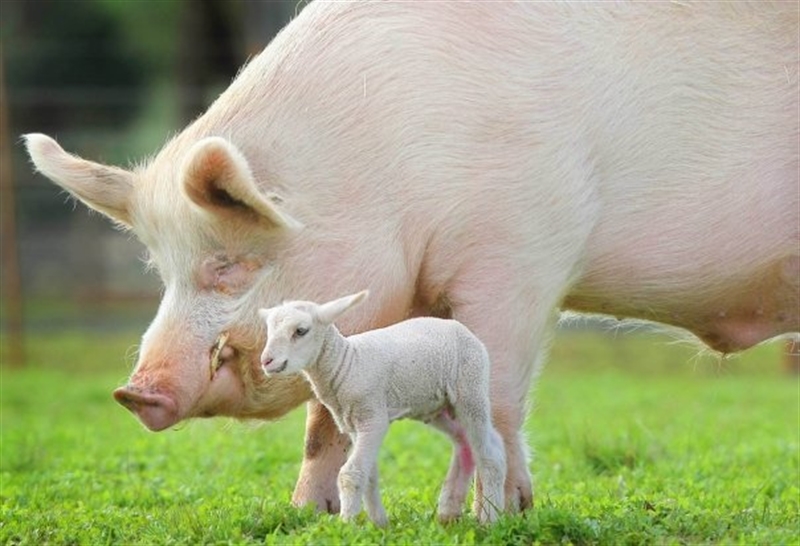We pack our fears. Load too much heavy stuff into our packs, just in case.
It’s the backpacker’s dilemma.
The more things we’re afraid of, the more gear we pack, and the heavier our pack becomes. If we’re afraid of the dark mountain night, we pack extra flashlights and batteries. If we’re afraid of eating cold food, we pack extra fuel canisters. If we’re afraid of getting rained on, we pack an extra change of clothes. If we’re afraid of getting hungry, we pack extra food.
Unfortunately, a heavy pack is a danger of its own. It’s exhausting to carry and alters our behavior on the trail by slowing us down, hindering good decisions, and draining our energy.

The good news is, with more experience we can overcome many of our fears. I’ve learned how much food I’ll actually need on a three-day hike so I don’t carry too much. I’ve learned how many meals to expect from a fuel canister so I don’t weigh myself down with extras.
Other fears, we just learn to live with. I can suffer through a day in wet clothes so I’ll leave the extras behind. I can survive a night without a flashlight so I’ll leave the extra one at home. I can tolerate heavy hiking boots in the evening around camp so I won’t pack my cushy camp shoes.
When you first begin backpacking you’re convinced you’re already packing as light as possible. Everything in your pack seems necessary and useful. It takes time on the trail to learn what you need and what you don’t need. It takes miles on the trail to know the difference between what is important for civilized survival and what is merely compensating for fear.
It’s a learning process, this constant winnowing of fears and gear. It takes a lifetime to get our weight down.
Last Sunday morning in our Bible study class we discussed a story found in Matthew 19 about Jesus and a rich young ruler. The story begins with the ruler asking a sincere and heartfelt question of Jesus: “What must I do to inherit eternal life?” The man wanted to do the right thing, and he asked the right person.
I picture the man holding his open checkbook and pen, the check already signed, ready to fill in the amount. He was willing to support Jesus’s ministry, or sponsor a wing on the children’s hospital, or give to the temple fund, or whatever Jesus asked.
However, after quizzing the man about his obedient lifestyle, Jesus surprised him with this request: “Sell everything you have and give it to the poor, then follow me.”
This was the last thing the man wanted to hear. It spoke to his deepest fears. How could he possibly give it all to the poor? Who would he be if he gave it all away? Who would listen to him if he weren’t rich? How could he do great and mighty things for the kingdom if he himself was poor? Where would the weight and significance of his life come from?
Hearing Jesus’ expectations made the ruler sad. He had started the conversation with big hopes of doing something grand, but now, all he could do was walk away.
The young ruler’s backpack was full of fears: the fear that in the end he would be worse off than in the beginning; the fear he would lose more than he gained; the fear of financial insecurity; the fear of a life with no guarantees.
The man wanted to follow Jesus, but his backpack of fears was too heavy for the trail Jesus called him to hike.
When fear drives our behavior we are not trusting God for our wellbeing. We have to open our hands to God and release our grip on our own perfect plan for our own perfect lives. Henri Nouwen wrote, “To open my hands is an admission that I am not God, that I am through trying to be God, and that I was not very good at it anyway.”.
How about you? What is weighing down your pack?
“I run in the path of Your commands, for You have set my heart free.” Psalm 119:32


 The Pig in London and the Lamb in Israel
The Pig in London and the Lamb in Israel
Leave a Reply